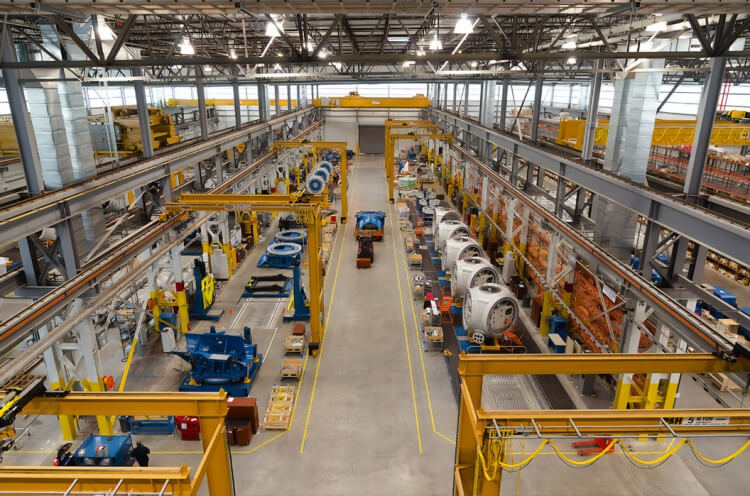Major manufacturers are driving growth through pioneering smart factories. In comparison, SMEs have been slower to digitalise their systems and harness the power of the data flowing through their factories. This won’t be the case for much longer, says manufacturing software specialist Access Group’s Lucy Pamment.
Information is power – but only if you can get to what you need quickly and have complete confidence that it’s correct. And we know that’s a problem many production managers face every day.
Despite having invested in software and systems to collate and manage data, it can still be far too difficult to gain access to what is needed quickly and confidently. As a result, production managers often find themselves trawling through stacks of data on a regular basis.
Unconnected systems can lead to tasks or data being duplicated, inconsistent software updates and poor data cleansing. A reliance on poor quality, out-of-date and/or siloed data means production managers will struggle to make informed and effective decisions.
Shop floor to top floor gap
A common issue is timing – when what is happening on the factory floor is not instantly communicated or visible to management. This ‘shop-floor to top-floor gap’ creates a problem when operational decisions need to be made instantly.
Waiting to clarify the facts costs time and money, delays production schedules and causes unnecessary issues for the business and its customers.
Closing this gap is not as difficult as you might expect, thanks to the availability of high calibre but reasonably priced data collation and management solutions.
Technologies such as barcode readers, handheld devices and tablets linked into a centralised dashboard are increasingly helping manufacturing management teams to stay on top of data collation – and they’re designed for hard-working operational environments too.
Tailored oversight
Data dilemmas can be resolved with a single, centralised data store which then ‘feeds’ various elements of your business systems as required, meaning that there is only ever one version of the truth.
It’s only when this is finally in place that manufacturers can breathe a sigh of relief and know that what they are seeing is entirely correct.
Then, ensuring that all authorised personnel can access the information they need (and unauthorised parties can’t), needs to be dealt with correctly, not only from an operational efficiency perspective but also from a data management and control perspective.
That means an integrated solution with built-in access controls – not just on site, but remotely too.
The latest manufacturing technology solutions can handle all of this as standard, which not only helps your business run smoothly, it also means meeting your data compliance obligations is far easier too.
Keeping up with the competition
In a global economy, UK manufacturers must work harder than ever to compete with both their domestic and overseas rivals. Although the level of digitalisation depends on the size and nature of the business, firms will have to adapt to give themselves the best chance of success.
Until recently, companies further down the supply chain may not have given digitalisation too much thought. But industry forecasts suggest that Tier 1 manufacturers, who wield the most power in the supply chain, won’t work with firms who use spreadsheets and paper for long.
